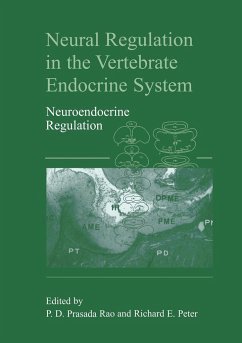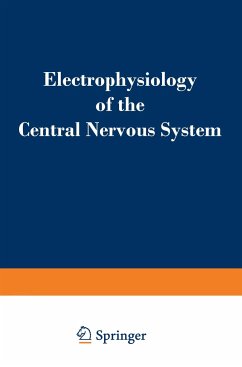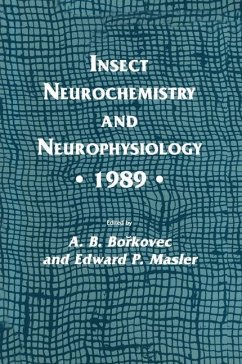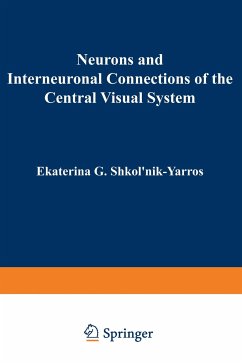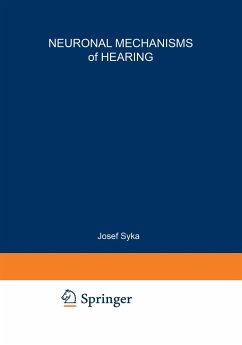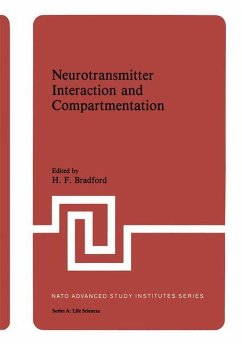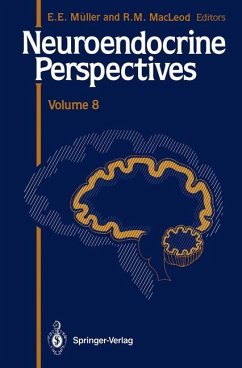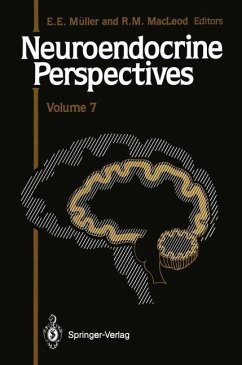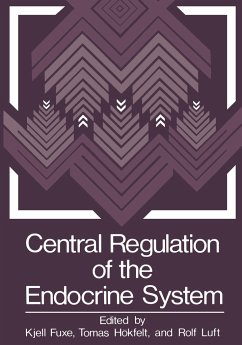
Central Regulation of the Endocrine System

PAYBACK Punkte
20 °P sammeln!
According to the classical concept of Geoffrey Harris the pituitary gland is controlled by the brain by means of blood-borne chemical messengers produced by central neurons. The recent isolation and structural characterization of several such messengers by Roger Guillemin and Andrew Schally and their collaborators brought the final proof for this hypothesis. This also meant that the extensive knowledge collected in the field of neurobiology now became highly relevant for the endocrinologists. For this reason it was felt important to organize a symposium which brought together experts in the fi...
According to the classical concept of Geoffrey Harris the pituitary gland is controlled by the brain by means of blood-borne chemical messengers produced by central neurons. The recent isolation and structural characterization of several such messengers by Roger Guillemin and Andrew Schally and their collaborators brought the final proof for this hypothesis. This also meant that the extensive knowledge collected in the field of neurobiology now became highly relevant for the endocrinologists. For this reason it was felt important to organize a symposium which brought together experts in the fields of neurobiology and endocrinology. The idea was to focus the attention on neuronal mechanisms, particularly those related to chemical transmission, which may be of importance for the central regulation of hormonal secretion patterns. We would like to express our sincere gratitude to the Nobel Founda tion for supporting the organization of the Nobel Symposium 42 on "Principles of the Central Regulation of the Endocrine System". We would also like to express our thanks to all participants, to Professor Carl-Gustaf Bernhard, Permanent Secretary of the Royal Academy of Sciences, for making the facilities of the Academ- available to us, and to the Symposium secretaries Mrs. Gun Hultgren, Mrs. Lena Persson and Mrs. Ulla-Britt Wedin. It is a pleasure to acknowledge the generous financial support from the Nobel Foundation and its Nobel Symposium Committee through grants from the Tercentenary Foundation of the Bank of Sweden, and from the Swedish Medical Research Council, KABI AB, Stockholm, and ASTRA AB, Sodertalje.





